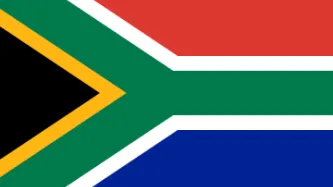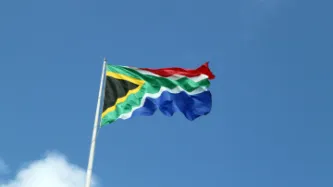Search
Content type: Long Read
The Privacy International Network is celebrating Data Privacy Week, where we’ll be talking about how trends in surveillance and data exploitation are increasingly affecting our right to privacy. Join the conversation on Twitter using #dataprivacyweek.
In the era of smart cities, the gap between the internet and the so-called physical world is closing. Gone are the days, when the internet was limited to your activities behind a desktop screen, when nobody knew you were a dog.
Today, the…
Content type: State of Privacy
Table of contents
Introduction
Right to Privacy
Communication Surveillance
Data Protection
Identification Schemes
Policies and Sectoral Initiatives
Introduction
Acknowledgment
The State of Privacy in South Africa is the result of an ongoing collaboration by Privacy International and the Right2Know coalition.
Key Privacy Facts
1. Constitutional privacy protections: Section 14 of the Constitution of the Republic of South Africa protects the right to privacy.
2. Data protection laws…
Content type: Long Read
In July 2015, representatives of a private company met in a parking lot in Pretoria, South Africa to sell phone tapping technology to an interested private buyer. What they did not know was that this buyer was a police officer. The police had been tipped off that the company was looking to offload the surveillance technology, an IMSI catcher, to anyone who would buy it. It is illegal to operate such surveillance technology as a private citizen in South Africa, and illegal to buy…
Content type: News & Analysis
This guest piece was written by Jane Duncan of the Right2Know Campaign. It does not necessarily reflect the views or position of Privacy International.
On 23rd March the United Nations Human Rights Committee released its assessment on South Africa’s compliance with the International Covenant on Civil and Political Rights (ICCPR). The report includes a blistering attack on the Government for failing to respect the privacy of the communications of users and makes…



